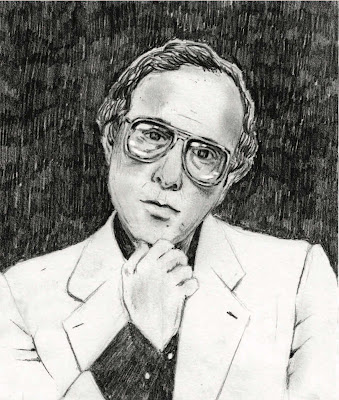How Power Works in Pinter's The Birthday Party

By Michael Paller In Harold Pinter’s The Birthday Party , Goldberg and McCann arrive at an English seaside boardinghouse in search of a third man—Stanley. Who they are, whom they represent, and why they’ve come for Stanley are mysteries. Into this expositional vacuum rush uncertainty and unease. In Act Two, they subject him to a fierce interrogation, including a series of bewildering questions: “What about the Albigensenist heresy?” “Who watered the wicket in Melbourne? “What about the blessed Oliver Plunkett?” What’s the meaning of this? Is it code? The answer lies in how Pinter’s characters get and deploy power. McCann (Marco Barricelli) and Goldberg (Scott Wentworth) confront Stanley (Firdous Bamji) in A.C.T.'s production of The Birthday Party . Photo by Kevin Berne. Power isn’t always about physical violence: the knock at the door, the punch to the solar plexus. In Pinter’s plays, power is more often psychological, and words are the weapons. As theater critic Michael B...







